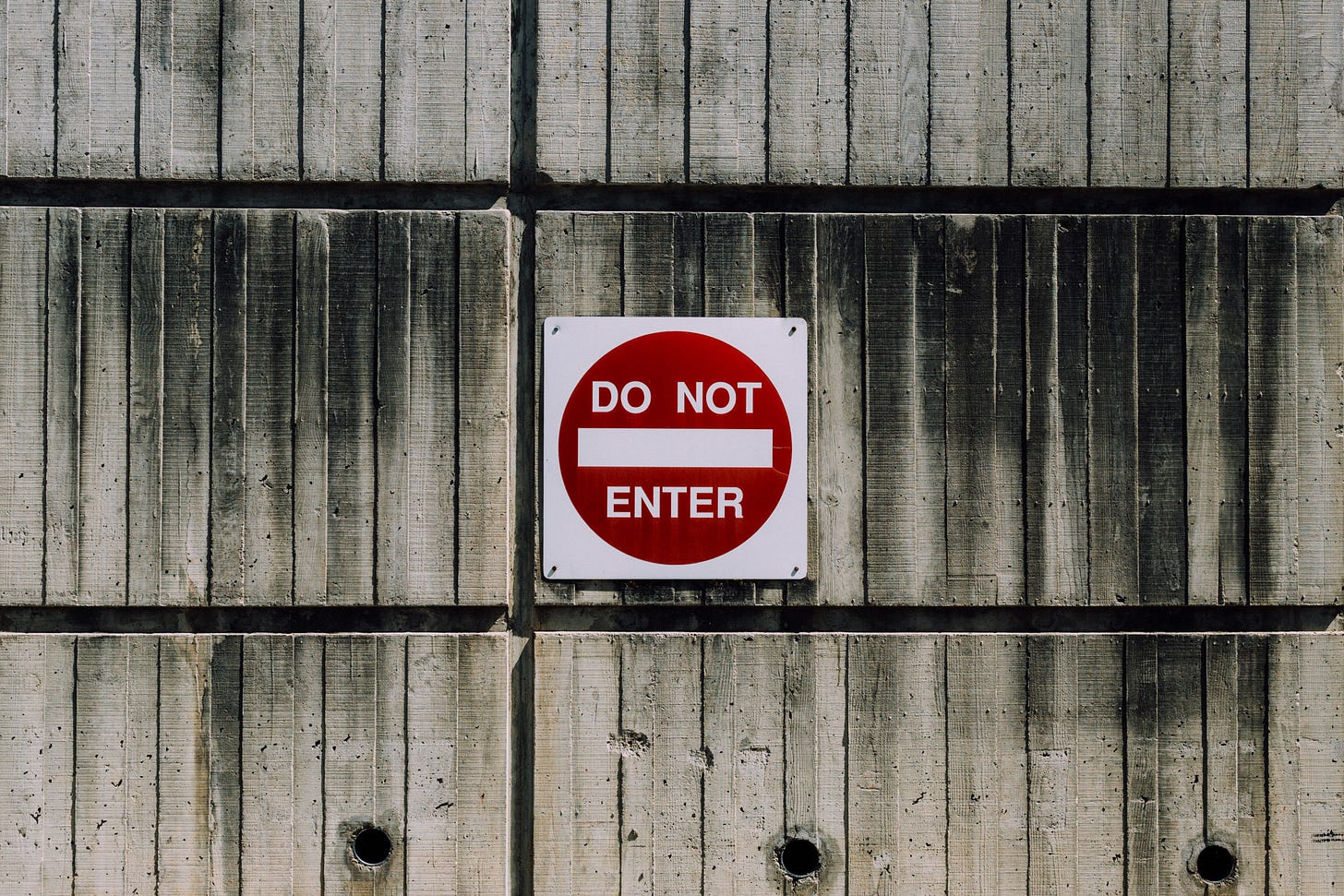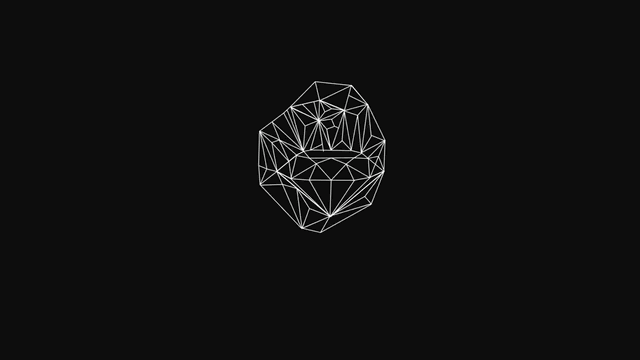
Photo by Kyle Glenn on Unsplash
We live a VUCA reality (VUCA stands for Volatility, Uncertainty, Complexity, and Ambiguity), life is volatile as never before, we have created a technological, economic, and financially interconnected world in which ripples created by an event across the world may even have bigger effects in our local environment than at the source. This is a great example of a Dynamic complex system (DCS) in action.
These types of systems are not new nor man-made. Mother Nature has been operating this way since the beginning of our times, and this is where evolution plays a big role: only the fittest survive to the volatility in the system, whereas the rest perish. This is an undeniable fact of life. The survival of the fittest is the method nature uses to become resilient and to create resilient ecosystems.
In this VUCA world, which will not stop producing disruptive economic and financial events, productivity is a magnificent way to build resilience against these events and to be prepared for future ones.
Being fully resilient is difficult
Being resilient is no easy task, being antifragile is much more difficult.
Antifragility is a term coined by Nassim Taleb, by which he defines things and people who get fortified by volatility. He coined this term because he finds that robustness or resilience, which means having the capability of withstanding volatility in the environment, is not enough, those things and persons are just resistant to volatility.
By being antifragile, not only you are capable of withstanding volatility, you get stronger by being exposed to it.
All DCS are antifragile by design, they do it by relying on those very adaptable individuals that, after surviving and thriving after a disruption, share and transfer the survival information to the rest of survivors: adaptability and information sharing are essential. By information I don’t mean a script or a how-to guide, I mean vital but abstract information that allows other individuals to adapt to changing conditions.
This is why, by getting education you are improving your resistance but not your overall antifragility: education does not expose you to real-world changes nor it makes you adapt, it adds tools to your inventory, but not necessarily the whole set and the mental models needed to survive and thrive.
And this is where productivity comes to the rescue: by being more productive every day, you are preparing yourself to deal will future scenarios, you are paving your way into antifragility, becoming a survivor of standards, setting yourself apart from the rest by your means, by challenging your thinking, by proofing your work and ways of doing and also of thinking.

by Nicvart
I insist: productivity is a higher-level skill, it is not about a certain education or set of ideas, is not about a certain workflow or prescription to follow. It is hard and also inefficient to prescribe.
Productivity is very personal, you can gain some great habits and advice from many great thinkers, but at the end it requires you to take a critical look at your workflow, and question yourself if this will be enough for you to cope with present and future scenarios, those that you know will happen, and those you don’t.
You need to devise your ways into productivity:
When it comes to our productivity, we often don't know what tool is going to work for us. Productivity systems are highly personal, all workflows are different and you have different preferences. What we do know, however, is what is unproductive. Through "addition via subtraction," we can take steps to reduce behaviors we know are unproductive and leave room for the things that may be productive. It's a method—the negative way—for you to find out what's not working in your existing system.
While the abundant directives, rules, and simplicities offered by others make us feel like we’re getting smarter, it’s nothing more than the illusion of knowledge. If wisdom was as simple to acquire as reading tweets, we’d all be wealthy and happy.
Shane Parrish (@ShaneAParrish) July 30, 2020
And yet, as hard as it is to improve, we all should aim to become closer to antifragility by the way of productivity.
You want to start being productive, but you do not know how and where to start? Productivity is about making better use of our time and assets, and you can achieve that by not wasting them.
So the problem is where to start, how do you identify that productivity opportunity that will catapult your productivity and prepare you for what is next to come?
I wish the answer was that direct, but then it would be just an illusion of knowledge. There are many starting points, but sometimes you just have to look in the most counterintuitive spaces, and in this case, is where there is no productivity.
This is where the vía negativa gets very useful.
The via negativa is a way of thinking used by catholic theologians to generate ideas by negation, in their specific case, to define God by what God is not. The argument is that when something is beyond your understanding, it is difficult to determine its characteristics, however, it is easier to determine which are not.
The via negativa or negation is also used in Popperian science: it is about to prove a hypothesis by trying to find ways to prove it false. Because you can never absolutely prove it to be true.
“We should not to look for ideas agreement or support, we should try to get proof that an idea or thesis is not false - relating to the theory that a hypothesis can be falsified by observed exceptions but never absolutely proven to be true” - Sir Poppe
This type of thinking allows you to reduce or eliminate the confirmation bias: you most likely go in the search of evidence that confirms the way you think.
So, how does this way of thinking helps you to be more productive and antifragile?
The fastest way to be stronger is to avoid fragility altogether. The fastest way to be more productive is to avoid doing tasks that add no value to your outcomes or goals.
Often it is hard to know what increases our productivity, though, most of the time you know what keeps you from being productive, what are those tasks that just steals time.
Via negativa is the art of getting rid of all the useless things, activities, and people that don’t serve you or your cause. It’s about ruthlessly cutting off everything that’s not of importance.
Simply put: Become stronger by eliminating that what makes you weak. Normally the downside is much worse than the upside. Understand which areas make you fragile.

by Nicvart
"If you seek tranquility, do less. Or do what’s essential – what the logos of a social being requires, and in a requisite way. Which brings a double satisfaction: to do less, better. Because most of what we say and do is not essential. If you can eliminate it, you’ll have more time, and more tranquility. Ask yourself at every moment, ‘Is this necessary?’" - [[Marcus Aurelius]]
Do you get the idea? When something is hard to define or to get a start, use la via negativa to reduce options, to make clear non-negotiable decisions upfront, to protect your downsides, to set the limits.
The essence of productivity is to stop doing what you shouldn’t do from the beginning. Decide and stop doing it right now... and enjoy the new speed you will gain towards your goals.
Define your mission and vision by eliminating from the scope of those areas, goals, markets, prospects, customers that you won’t serve.
Define the limits of a portfolio of products by deciding upfront what is outside your mission and vision, what should not be pursued by any reason.
“The essence of strategy is choosing what not to do. Without tradeoffs, there would be no need for choice and thus no need for strategy. Any good idea could and would be quickly imitated. Again, performance would once again depend wholly on operational effectiveness.” - [[Michael Porter]]
To be a better decision-maker use la via negativa: Eliminate complexity over a decision by reducing non-relevant variables or/ and non-option as step one. This will render less complex scenarios for your decision.
Run quick low-risk experiments that increase your learning opportunities but implies low cost to you. Remember that learning to adapt is the only way to survive in our world.
Proof your ideas using falsification, do not commit to an idea just because you are already invested in it. And show tolerance to others' ideas because yours may never be proved true.
Make innovation clearer for you and your company by defining the boundaries of investment, identifying those not-to-go markets as you are, define timeframes to get innovation out to market, to learn to build within constraints...to develop real MVPs, not to disguising wishes behind “agile” terminology.
If for any reason you know you may be in a fragile position that can cause an important impact to you (economic, health, market, related) use options to cover you on the downside to avoiding big losses. Insurance is an example of an option or your contract should consider an opt-out clause if certain conditions are met.
Determine what is outside your limits of morality and ethics and avoid the situation where you may be tested, you will live lighter, you will feel confident and happy.
I invite you to reflect and clean up your act and live within those self-set boundaries, sooner than later you will find yourself making great strides towards your goals, and becoming antifragile in the process.
The unexamined life is not worth living - [[Socrates]]
If you find this article valuable, please share it or sign up now to never miss one.

